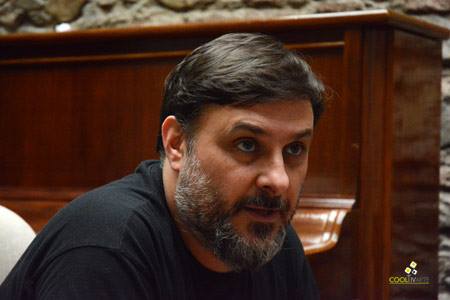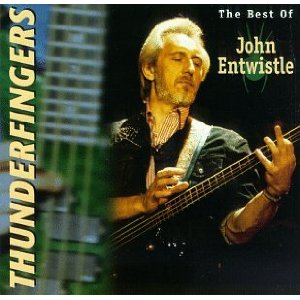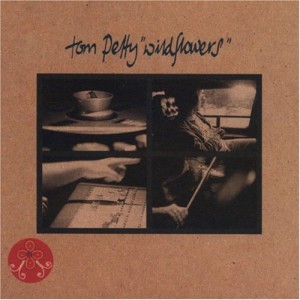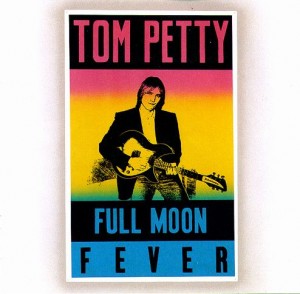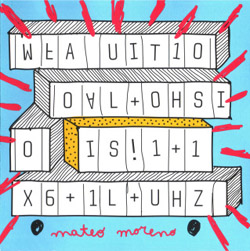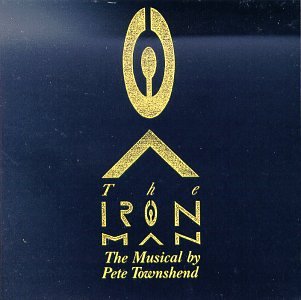
El jueves pasado en Inmigrantes, el músico uruguayo Guzmán Méndez presentó su nuevo disco solista: “(para) CONTINUAR”. Tuvimos el agrado de conversar con quien fuera el líder y voz de la banda uruguaya Varsovia sobre ésta nueva obra, y todo lo relativo a su lanzamiento.
Como músico, con Varsovia viste desde dentro la consolidación de la industria uruguaya en los años 2000. Mucho tiempo después (y ya disuelta la banda), editaste una producción por completo independiente titulada “Cabeza” (2013).
Y una vez editado “Cabeza”, te tomaste dos años para presentarlo oficialmente (en el Centro Cultural Terminal Goes, a mediados de 2015).
¿A qué se debió esta dinámica tan comedida en el inicio de tu etapa solista, y qué cambió ahora que editás tu segundo disco, el cual estás presentando casi sin demoras?
En aquel entonces, luego de editar “Cabeza” no tenía intenciones de tocar y presentarme en vivo. No tenía banda, era un desafío armar una banda nueva por lo tanto me tomé con mucha calma el hecho de volver a presentarme en vivo. Hoy con los músicos amigos que estoy tocando ya venimos trabajando juntos hace 5 años, y la base rítmica que me acompaña fue de hecho parte del segundo disco de Varsovia. Son excelentes músicos, me siento muy agradecido y afortunado de contar con ellos. Continue reading

